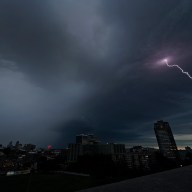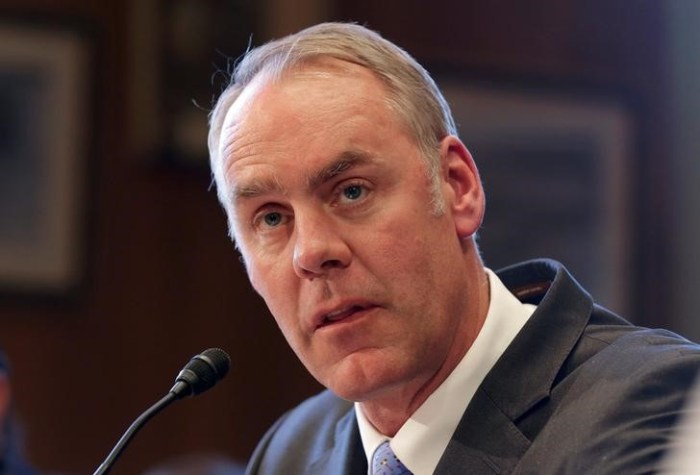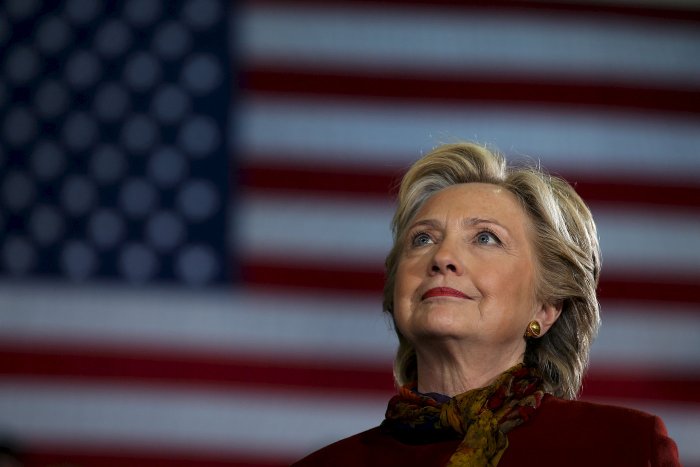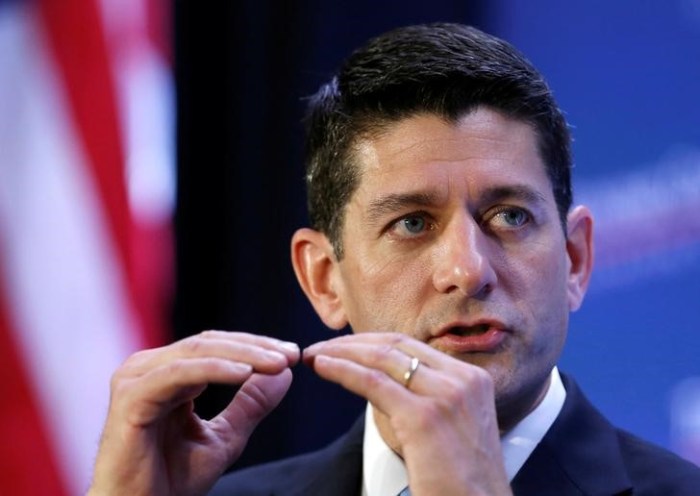By Lawrence Hurley
(Reuters) – The U.S. Supreme Court on Thursday ruled that Puerto Rico cannot pursue charges against people for the same crime that federal authorities have already prosecuted them, dealing a blow to the U.S. territory’s claim that while it is not a state it should be treated like one. The court ruled 6-2 in favor of defendants Luis Sanchez Valle and Jaime Gomez Vazquez, who were charged with illegally selling guns in 2008 by Puerto Rican authorities as well as federal prosecutors. The two pleaded guilty to the federal charges and then argued that Puerto Rico’s indictments should be dismissed because of the double jeopardy clause of the U.S. Constitution that bars people from being prosecuted twice for the same offense. A trial judge dismissed the Puerto Rico charges, but they were reinstated by an appeals court. In a March 2015 ruling, the Puerto Rico Supreme Court ruled against prosecutors, prompting the territory to appeal to the high court. On its surface, the case was about criminal law. But it also raised questions about the extent to which the Caribbean island, which has been a U.S. territory since 1898, has sovereign powers akin to any of the 50 U.S. states. The double jeopardy clause allows U.S. states and the federal government to prosecute people separately for the same actions because they are separate sovereign entities. The Supreme Court, in a ruling authored by Justice Elena Kagan, said that the original source of power for Puerto Rico’s Constitution came from the U.S. Congress, via a 1950 law.
“Put simply, Congress conferred the authority to create the Puerto Rico Constitution, which in turn confers the authority to bring criminal charges,” Kagan wrote.
Liberal justices Sonia Sotomayor, whose parents were from Puerto Rico, and Stephen Breyer dissented.
Some experts saw the federal government’s argument against treating Puerto Rico as a separate governmental entity as having implications for another issue: how to deal with the territory’s debt crisis. In such a scenario, that argument could help establish a legal precedent that Puerto Rico is not a sovereign entity, possibly to justify imposing a federal control board or some other mechanism to address Puerto Rico’s roughly $70 billion in debt.The U.S. Congress is currently considering legislation on the issue. The Supreme Court is expected to rule by the end of the month in another case involving Puerto Rico’s bid to revive a law that would allow it to cut billions of dollars in debt at public utilities in a key test in its quest to weather its crisis. (Additional reporting by Nick Brown in San Juan)
U.S. top court deals blow to Puerto Rico sovereignty claim
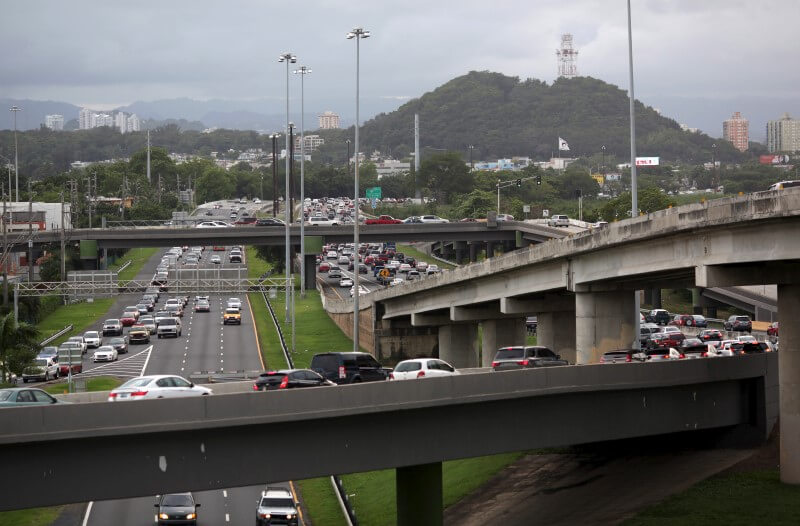
By Lawrence Hurley







